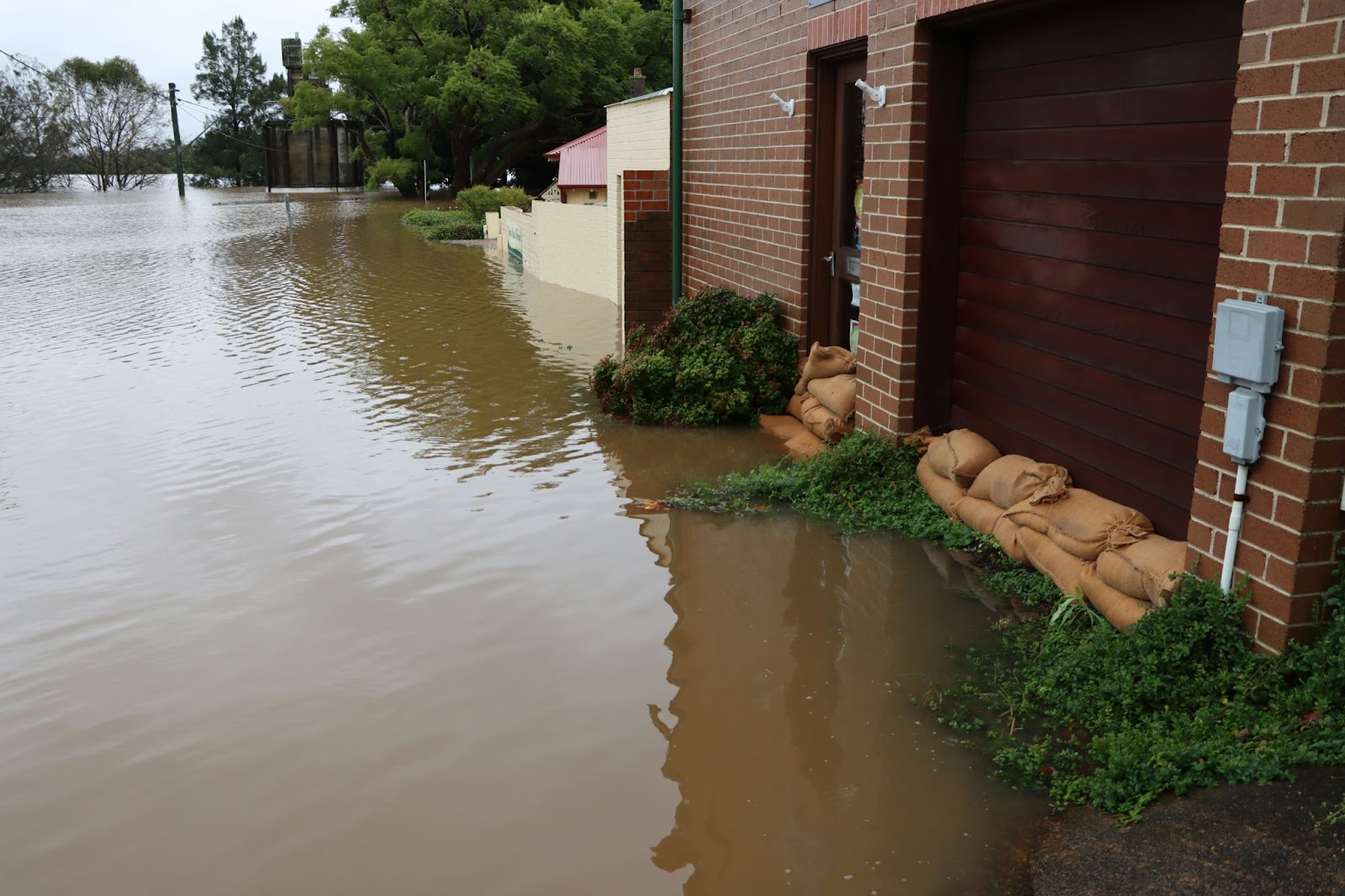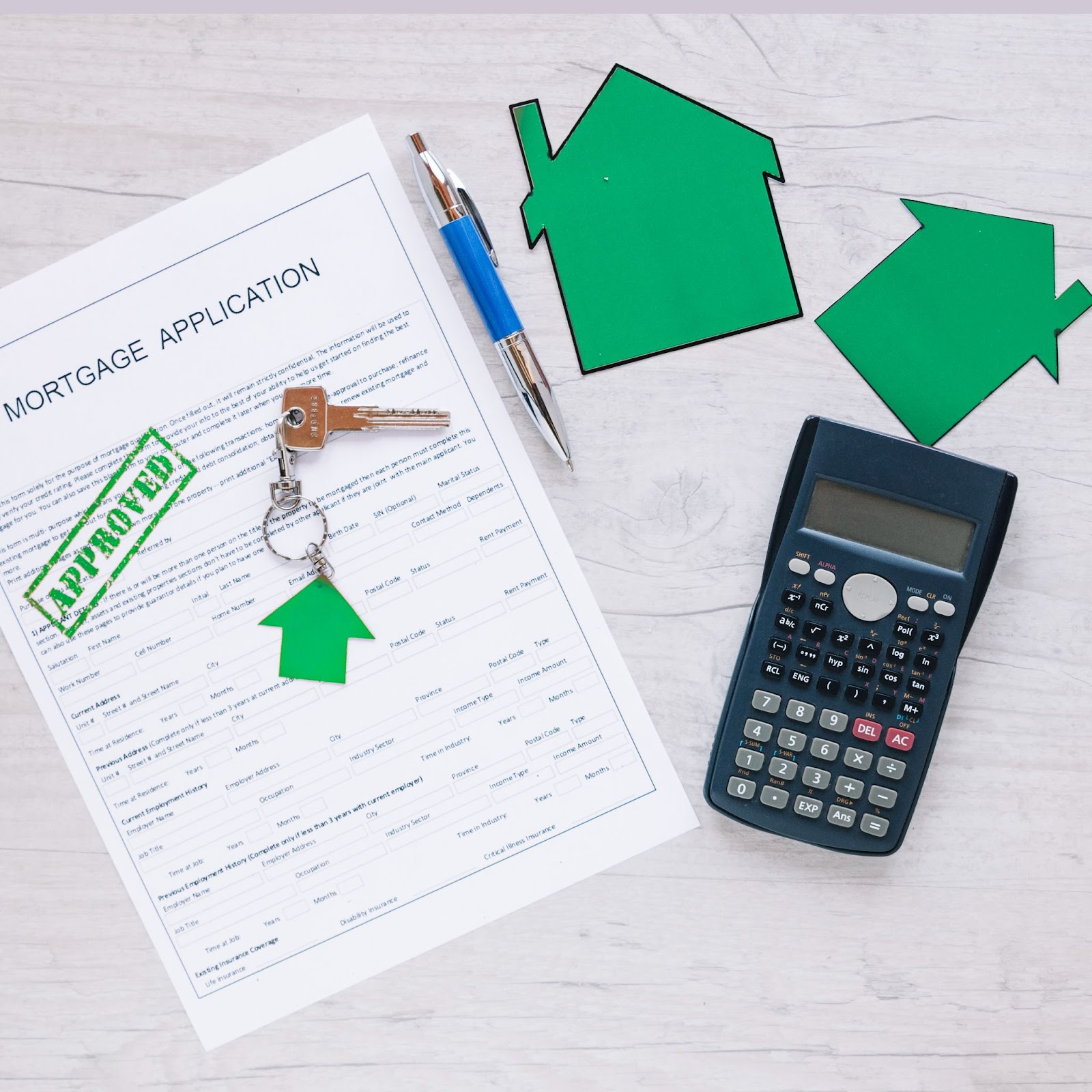The Growing Appeal of Mixed-Use Developments in Florida
As Florida’s population continues to grow and urban centers evolve, mixed-use developments are becoming increasingly popular throughout the state. These thoughtfully designed communities—where residential, commercial, and recreational spaces coexist—offer a modern solution to the changing demands of residents, businesses, and city planners alike.
From walkable neighborhoods to sustainability and economic revitalization, mixed-use developments are reshaping the way Floridians live, work, and connect. In this article, we’ll explore why these communities are gaining traction, highlight key developments around the state, and examine the benefits and challenges that come with this growing trend.
What Are Mixed-Use Developments?
Mixed-use developments combine different types of land uses—typically residential, retail, office, hospitality, and public spaces—within a single cohesive area. These projects are often centered around walkability, community interaction, and reduced reliance on cars. In Florida, where cities are facing rising population numbers and concerns about urban sprawl, mixed-use communities are emerging as a smart and sustainable solution.
Rather than separating where people live, work, and play, these developments intentionally integrate those functions. The result is a vibrant, compact neighborhood where residents can grab coffee downstairs, walk to work, enjoy nearby parks, and access public transportation—all within a few blocks.
Why Are Mixed-Use Developments Gaining Popularity in Florida?
Population Growth and Urban Expansion
Florida is one of the fastest-growing states in the U.S., with thousands of new residents arriving every week. As urban centers become more crowded, cities like Orlando, Tampa, Miami, and Jacksonville are turning to mixed-use developments to meet housing demand while preserving land and infrastructure.
Rather than continuing to expand outward with sprawling suburbs, these projects help densify urban cores in a more organized and community-focused way.
Lifestyle Preferences Are Evolving
Younger generations—especially Millennials and Gen Z—are increasingly drawn to neighborhoods where everything they need is within walking distance. Convenience, sustainability, and social connectivity are top priorities for today’s homebuyers and renters.
Older adults and retirees are also showing interest in these communities. Active adult residents appreciate having medical offices, restaurants, and recreation close by, without having to drive long distances.
Economic Revitalization
Mixed-use developments often breathe new life into underutilized or declining areas. By attracting residents, businesses, and tourists, they can revitalize entire districts and create long-term economic benefits for cities.
Areas that once had vacant lots or struggling retail corridors can become thriving hubs of commerce, culture, and community.
Spotlight on Mixed-Use Developments in Florida
Florida is home to several high-profile mixed-use developments that showcase the appeal and potential of this growing trend:
Water Street Tampa
One of the most ambitious urban renewal projects in the country, Water Street Tampa is a $3.5 billion, 56-acre mixed-use development transforming downtown Tampa. Spearheaded by Strategic Property Partners, the project blends office towers, luxury residences, hotels, restaurants, and public green spaces. It is also the first neighborhood in the world to earn WELL Community Certification, recognizing its commitment to health and wellness.
Residents of Water Street enjoy a walkable waterfront community with access to world-class amenities, including the University of South Florida medical school, Sparkman Wharf, and Amalie Arena.
Brickell City Centre – Miami
In the heart of Miami’s financial district, Brickell City Centre is a prime example of urban infill done right. Developed by Swire Properties, this $1.05 billion development includes retail shops, high-rise residences, office towers, and a luxury hotel, all connected by a unique Climate Ribbon that offers open-air protection from the elements.
Brickell City Centre has quickly become a hotspot for professionals and visitors, adding vibrancy and density to a once car-centric part of the city.
Sunbridge – Central Florida
Sunbridge is a master-planned, mixed-use community spanning 27,000 acres near Orlando. Developed by Tavistock (the same company behind Lake Nona), Sunbridge integrates sustainable design with nature-focused living. The community features residential neighborhoods, greenways, schools, commercial hubs, and recreational amenities like trails and waterways.
Sunbridge aims to strike a balance between modern growth and environmental stewardship—a blueprint for future developments in Florida.
The Square (Formerly CityPlace) – West Palm Beach
Located in downtown West Palm Beach, The Square blends New Urbanist principles with retail, dining, office, and residential spaces. Originally developed as CityPlace, the project was reimagined and revitalized with an emphasis on arts, culture, and walkability.
Today, The Square is a vibrant, pedestrian-friendly destination attracting tourists, residents, and businesses alike, contributing to West Palm Beach’s rise as a cultural and economic hub.
The Benefits of Mixed-Use Communities
Walkability and Convenience
One of the primary advantages of mixed-use developments is the convenience of walkable design. Residents can go to the grocery store, grab dinner, or walk their dog in a nearby park—all without needing a car. This lifestyle reduces commuting time and increases time spent engaging with the community.
Sustainability and Reduced Carbon Footprint
By reducing car dependence, mixed-use developments help lower greenhouse gas emissions. Many of these communities incorporate eco-friendly design elements such as energy-efficient buildings, green roofs, stormwater management systems, and access to bike paths or public transit.
This environmental consciousness is especially important in Florida, where climate change and rising sea levels present ongoing challenges.

Community Engagement and Social Connectivity
Mixed-use developments encourage interaction with their designs. With shared spaces like plazas, markets, courtyards, and community events, residents are more likely to connect with their neighbors. This fosters a strong sense of place and belonging.
In an era when social isolation is a growing concern, these developments can promote better mental health and overall quality of life.
Diverse Housing and Economic Opportunities
These communities often offer a mix of housing options—from luxury condos to affordable units—alongside job opportunities in retail, hospitality, and professional services. This economic diversity can support a balanced and inclusive neighborhood.
Businesses also benefit from built-in foot traffic and a captive audience, helping them thrive in mixed-use settings.
Challenges of Mixed-Use Development in Florida
While the advantages are numerous, there are still challenges associated with planning and building mixed-use communities:
- Zoning and Regulation Hurdles: Navigating Florida’s complex zoning laws can slow down or complicate mixed-use development, especially in areas with outdated land use codes.
- Upfront Costs: These developments require significant capital investment, long timelines, and collaboration between private developers and local governments.
- Community Opposition: Some residents may express concern about increased density, traffic, or changes in neighborhood character. Successful projects must include community engagement and careful design to address these concerns.
- Hurricane Preparedness and Infrastructure: Developers must account for Florida’s weather risks, especially in coastal cities, by incorporating resilient infrastructure and storm-ready designs.
Despite these challenges, developers and cities alike are finding ways to work together to bring more of these projects to life.
Looking Ahead: The Future of Florida’s Urban Landscape
There is a growing demand for sustainable, inclusive, and connected communities, mixed-use developments are expected to play a critical role in Florida’s future. City planners, architects, and developers are increasingly prioritizing walkability, public space, and environmentally conscious design as they reimagine how neighborhoods function.
New projects such as Disney’s affordable housing initiative in Central Florida and the continued expansion of Miami Worldcenter show that the momentum is not slowing down. As more Floridians embrace the idea of “live, work, and play” in one place, we can expect mixed-use developments to continue shaping the Sunshine State’s cities in meaningful and dynamic ways.
Final Thoughts
Mixed-use developments are more than just a trend—they’re a thoughtful response to Florida’s evolving needs. By blending residential, commercial, and recreational spaces, these communities create more than convenience. This can also foster connection, encourage sustainability, and support economic growth.
As Florida continues to grow and adapt, the mixed-use model offers a promising vision for the future of urban living. Mixed-use living offers a future where people, places, and purpose come together in harmony.









